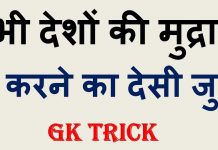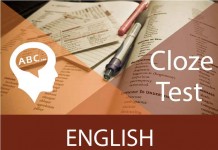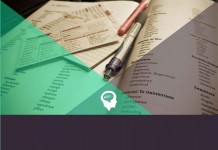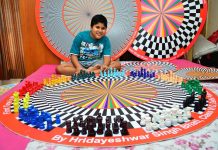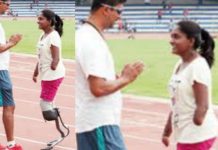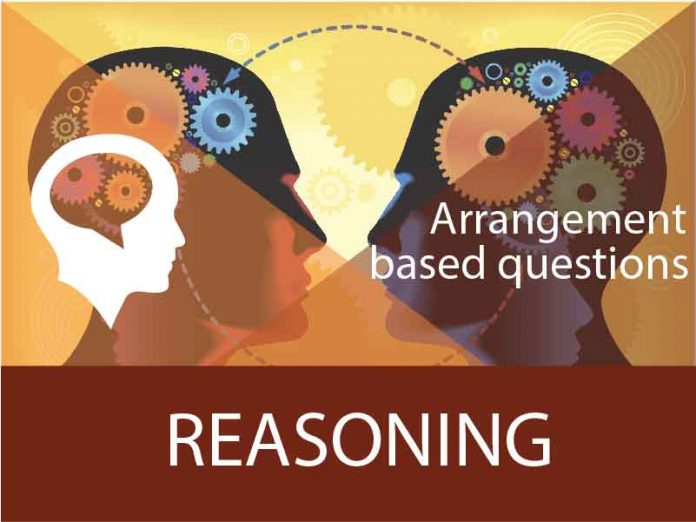Arrangement Based Questions: Set 38
Directions (1-5): Study the following information carefully and answer the question given below:
Twelve people are sitting in two parallel rows containing six people each in such a way that there is an equal distance between adjacent persons. In row 1, A, B, C, D, E and F are sitting and all of them are facing South. In row 2, P, Q, R, S, T and V are sitting and all of them are facing North. Therefore, in the given seating arrangement, each member of a row faces another member of the other row. V sits third to the right of S. S faces F and F does not sit at any of the extreme ends of the lines. D sits third to the right of C. R faces E. The one facing E sits third to the right of P. B and P do not sit at the extreme ends of the lines. T is not an immediate neighbour of S and F is not an immediate neighbour of D.

1.Who among the following faces D?
(1) T
(2) P
(3) Q
(4) R
(5) None of these
2.Who among the following represent the persons sitting at extreme ends of the rows?
(1) R, F
(2) T, A
(3) D, R
(4) C, Q
(5) S, A
Solve the Above Test with answers, Explanations, and more Questions
SEHPAATHI TEST APPLICATION : CHALLENGE YOURSELF
Test: Bnk_Reasoning_Puzzles_Set34
3. Four of the following five are alike in a certain way and thus form a group. Which is the one that does not belong to that group?
(1) B, T
(2) A, Q
(3) C, S
(4) F, P
(5) E, Q
4. Four of the following five are alike in a certain way and thus form a group. Which is the one that does not belong to that group?
(1) D
(2) S
(3) V
(4) T
(5) A
Solve the Above Test with answers, Explanations, and more Questions
SEHPAATHI TEST APPLICATION : CHALLENGE YOURSELF
Test: Bnk_Reasoning_Puzzles_Set34
5.How many persons are seated between R and T?
(1) One
(2) Two
(3) Three
(4) Four
(5) None
Answers
1). Answer: A
2). Answer: B
3). Answer: B
4). Answer: B
5). Answer: C

